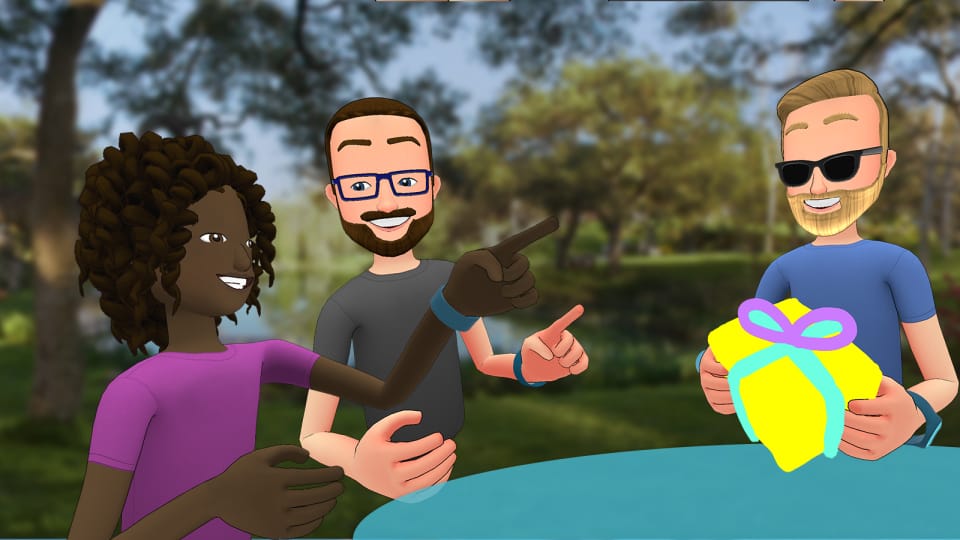A revolution in virtual socializing may be arrriving

The older generation often likes reminisce about an age where socializing and technology were only indirectly intertwined. The cliché of people, particularly of a younger age, glued to their screens while the sun outside is shining is well played-out, after all.
However, one could argue that socializing is simply evolving with the times. Instead of lamenting the supposed diminished values of socialization in the digital age, one might benefit more from looking into just how these changes might be useful and helpful.
The rise of social networks like Facebook is undoubtedly tremendous. For those of you who have not thought of the related numbers before, consider this: approximately 3.6 billion people have access to the Internet today, and 2 billion of those are using the social network.
Coming to terms with such numbers is quite difficult, particularly for those who grew up without it. Social networks are extremely complex from a sociological and psychological perspective, and changes in socializing are a small but integral part of any discussion that follows them.
Now, virtual socializing is set to arrive as another evolution, or revolution. Since ages past, services have existed which have allowed friends and family to do things together over the Internet, in many contexts. There is even a service that allows you to chat with friends while watching videos together.
What is obvious to anyone who has ever used most of these services though is that they are severely lacking in quality. They might be buggy, limited in features, or downright inoperable as it so often happens with services that aim too high.
That, however, does not mean that virtual socializing is in any way doomed. In fact, technologies such as virtual reality are offering new avenues through which to explore such a concept.
Today, Facebook Spaces was released for the Oculus Rift, albeit in a beta version. For those of you who followed the Oculus Connect conference in October, you have probably already seen Mark Zuckerberg and his colleagues showing off social VR. If you haven’t, you can go ahead and watch the video below, courtesy of Road to VR.
Once you get past the awkwardness and the scripted conversations, Facebook Spaces looks like an incredible piece of technology. There are countless different ways to use it, and there are countless interactions to be had with other people in it.
Ever since Facebook acquired Oculus, Zuckerberg has been adamant about his future goals. He has repeatedly mentioned the notion that his social network will not be confined to a static screen forever. Spaces might well be the first step towards an entire new type of social network, one that allows users to truly interact with each other in real time without ever leaving their homes.
How we can and should approach such technologies will undoubtedly be a point of massive debate for years to come. If VR actually becomes standard technology, then things like Facebook Spaces will not be outliers but parts of the normative experience. As such, we should be prepared for the next era of virtual socializing with an open mind, and a cautious approach.



